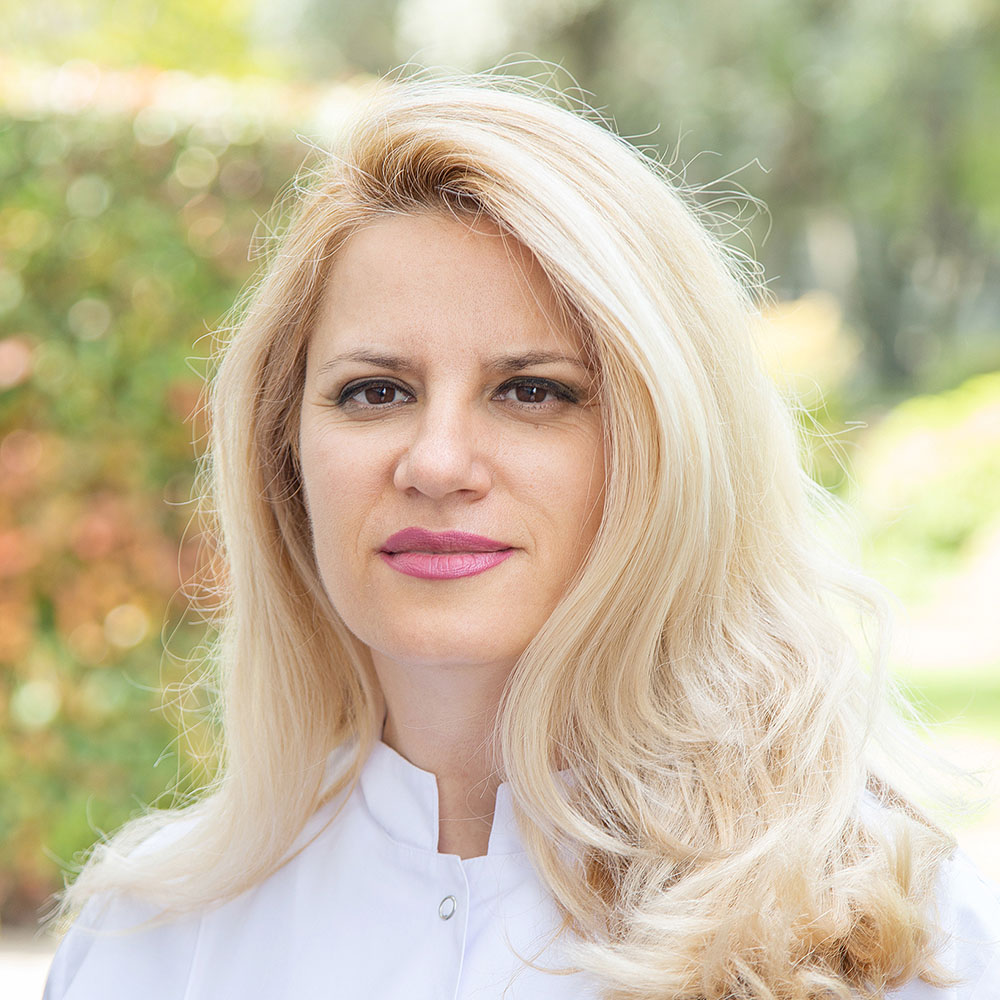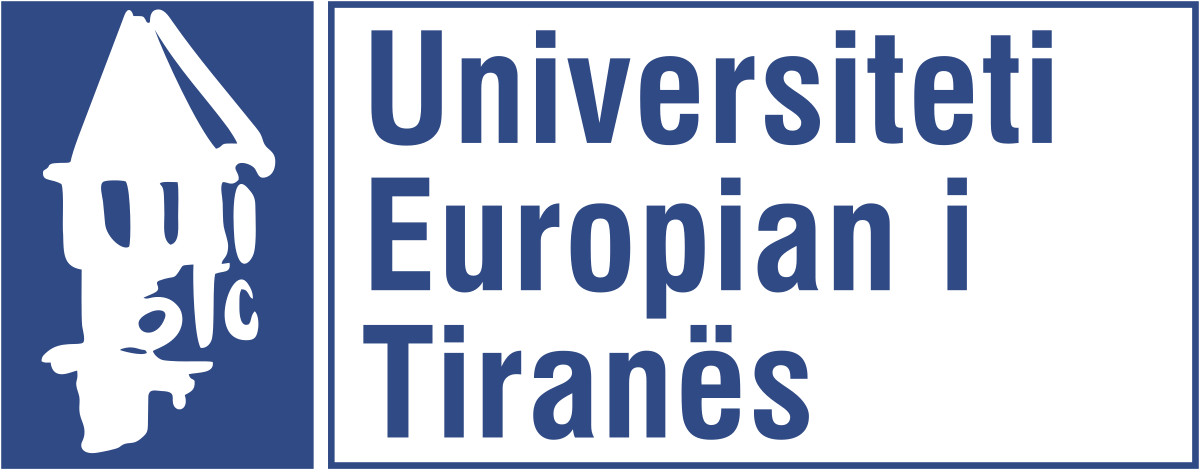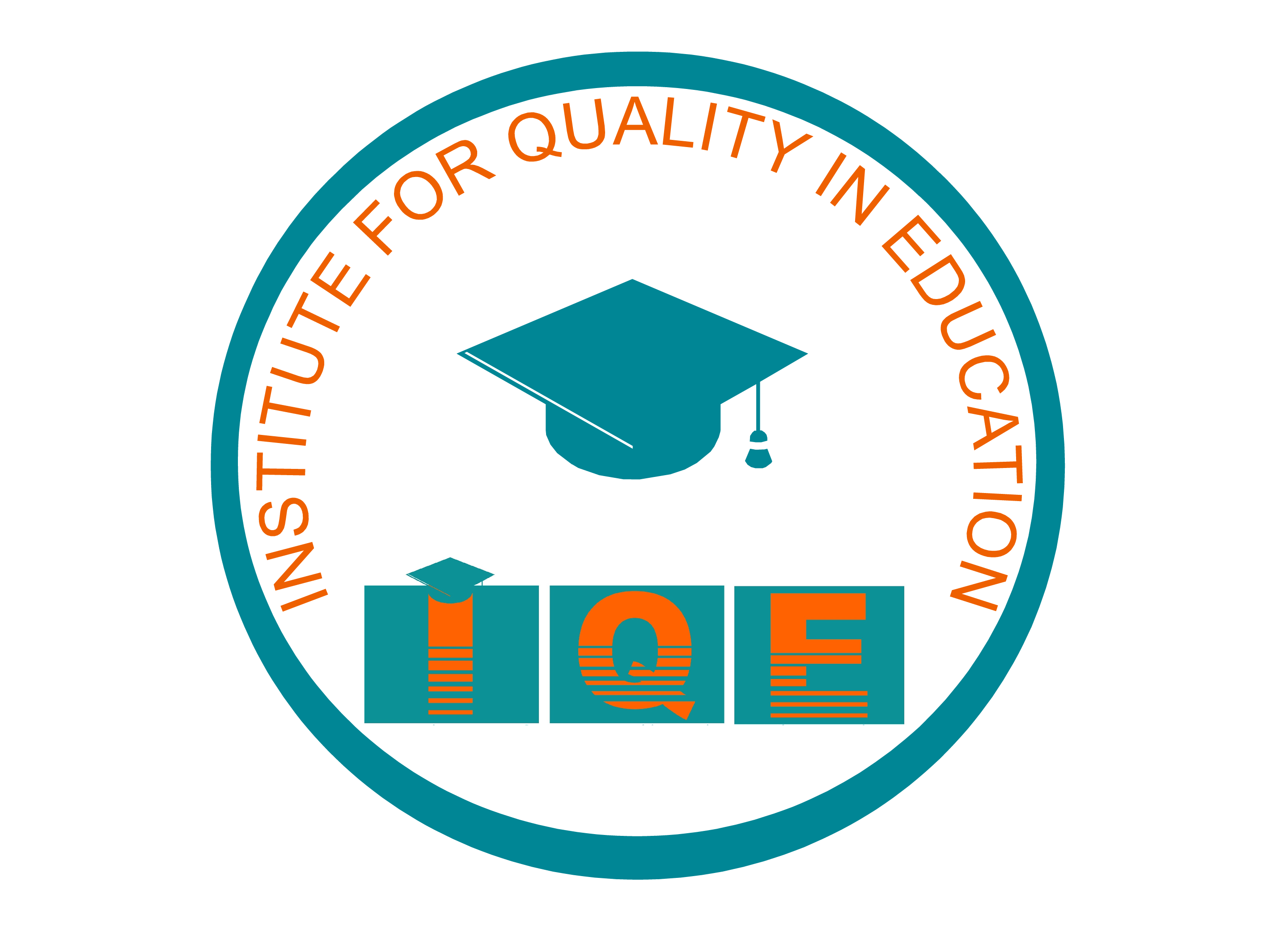AI4MED RESEARCH GROUP
CORDINATOR PROF.ASOC. DAFINA XHAKO
AI4MED Research Group invites institutions and researchers worldwide to join us as partners in this initiative. If you have an idea, wish to contribute, or are seeking AI applications and implementation within your institution, we welcome your collaboration. Please contact us at:
Email: [email protected] | Tel: +355 68 226 4725.
About us
The AI4MED Research Group is dedicated to conducting advanced research on the development and application of artificial intelligence in bioengineering, biomedical diagnostics, and healthcare innovation. Driven by the rapid progress of biomedical sciences and the growing market demand for technological adaptation, the group focuses on exploring new frontiers where AI can transform medicine. Our work includes developing novel algorithms and predictive models, advancing simulation techniques, and designing automation solutions to enhance biomedical engineering. Particular emphasis is placed on 3D virtual simulation models, medical imaging diagnostics, data processing, and the integration of cutting-edge technologies in clinical practice. In addition, the group actively supports institutions in implementing AI solutions in the health sector, bridging the gap between research, innovation, and practical application
Our mission
This research research group aims to develop new simulation and predictive models and the possibilities of their implementation for training purposes, simulation in the field of biomedical, diagnostic and therapeutic technologies, to increase the degree of accuracy of the examination and to eliminate or minimize mistakes made during such procedures.
✅ Advance Research
Conduct cutting-edge research in AI-driven medical image analysis, segmentation, classification, image reconstruction, radiomics, and quantitative imaging. We explore novel machine learning, deep learning, and computational modeling techniques to improve diagnostic accuracy, treatment planning, and outcome prediction in radiotherapy and beyond.
✅ Drive Impactful Projects
Collaborate with hospitals, radiology departments, oncology centers, and industry partners to translate our research into real-world solutions that enhance clinical workflows, improve patient outcomes, and support precision medicine. Our projects aim to bridge the gap between algorithm development and bedside application.
✅ Empower Learning & Training
Offer comprehensive training programs, hands-on workshops, and seminars for students, researchers, and clinicians to build expertise in medical AI, imaging technologies, and data science. We promote an interdisciplinary learning environment that merges medicine, computer science, and engineering.
✅ Engage Students & Young Researchers
Actively involve undergraduate, graduate, and PhD students in research projects, encouraging them to contribute to publications, open-source tools, clinical collaborations, and conference presentations. We are committed to mentoring and nurturing the next generation of leaders in AI and healthcare innovation.
✅ Foster Strong Partnerships
Build strategic collaborations with academic institutions, clinical partners, medical device companies, and technology providers to co-develop impactful solutions, share knowledge, and accelerate the safe, ethical integration of AI into medical practice.
By pushing the boundaries of medical image processing, radiotherapy planning, and predictive analytics, we strive to shape a future where AI empowers clinicians, optimizes therapies, and transforms patient care.
1️⃣ Develop Advanced Simulation & Predictive Models
-
Design and implement state-of-the-art machine learning and deep learning models for simulation and prediction in biomedical, diagnostic, and therapeutic contexts.
-
Create virtual environments and simulation platforms to replicate complex medical procedures and workflows for training and research purposes.
-
Improve modeling of biological systems, tumor response, radiotherapy dose distribution, and patient-specific treatment outcomes.
2️⃣ Enhance Diagnostic & Therapeutic Accuracy
-
Improve the precision of medical image analysis (segmentation, classification, reconstruction) for applications such as tumor detection, organ delineation, and treatment monitoring.
-
Develop radiomics and quantitative imaging methods to extract meaningful biomarkers from imaging data for better diagnosis and prognosis.
-
Reduce diagnostic and therapeutic errors by integrating predictive models into clinical decision support systems.
3️⃣ Promote Ethical & Effective Clinical Integration
-
Collaborate with clinical experts to ensure that AI models are aligned with clinical needs, workflows, and safety standards.
-
Validate AI tools in real-world settings through prospective studies, pilot trials, and clinical partnerships.
-
Address ethical, regulatory, and data privacy challenges related to AI deployment in healthcare settings
4️⃣ Advance Training & Educational Resources
-
Develop interactive AI-based training modules and simulators for clinicians, radiologists, radiotherapists, and medical physicists.
-
Offer structured training programs (courses, workshops, hackathons) for students, researchers, and healthcare professionals to build competency in medical AI applications.
-
Produce educational materials (tutorials, manuals, datasets, code repositories) to foster broader knowledge sharing and skill development.
5️⃣ Foster Student & Early-Career Researcher Development
-
Provide research opportunities for undergraduate, master’s, and PhD students through hands-on project work, research assistantships, and thesis supervision.
-
Encourage student-led publications, conference presentations, and participation in collaborative grant-funded projects.
-
Create mentorship programs to guide students in academic and industry career pathways at the intersection of AI and healthcare.
6️⃣ Build Strong, Multidisciplinary Partnerships
-
Establish collaborations with hospitals, research institutions, medical imaging companies, radiotherapy equipment manufacturers, and AI technology firms.
-
Secure joint research projects, funding opportunities, and technology transfer initiatives with academic and industry partners.
-
Engage with international networks and consortia to amplify the group’s global impact and visibility.
7️⃣ Promote Innovation & Translational Impact
-
Translate research findings into clinically usable software, decision-support tools, and medical devices.
-
Contribute to the development of open-source tools, datasets, and frameworks to accelerate innovation in the field.
-
Support commercialization pathways, patents, and spin-offs to bring novel AI applications to the healthcare market.
AI4MED Research Group is supported by:
National Agency of Scientific Research and Innovation (NASRI/AKKSHI)
Research Expertise from the Academic Diaspora, READ
University of Medicine Tirana
Polytechnic University of Tirana
NanoBalkan Institute, Academy of Science of Albania
European Federation of Organisations For Medical Physics, EFOMP
Albanian Association of Medical Physics, AAMP
Albanian Medical Technology, Albmedtech
Institute for Quality in Education, IQE

BE PART OF OUR RESEARCH GROUP
- At least Bachelor’s degree in Physics, Physics Engineering, Medical and Health Sciences, or Medical Informatics.
- Strong computer skills.
- Proficiency in English.
Artificial Intelligence applications for Medicine
AI4MED Research Group Members














